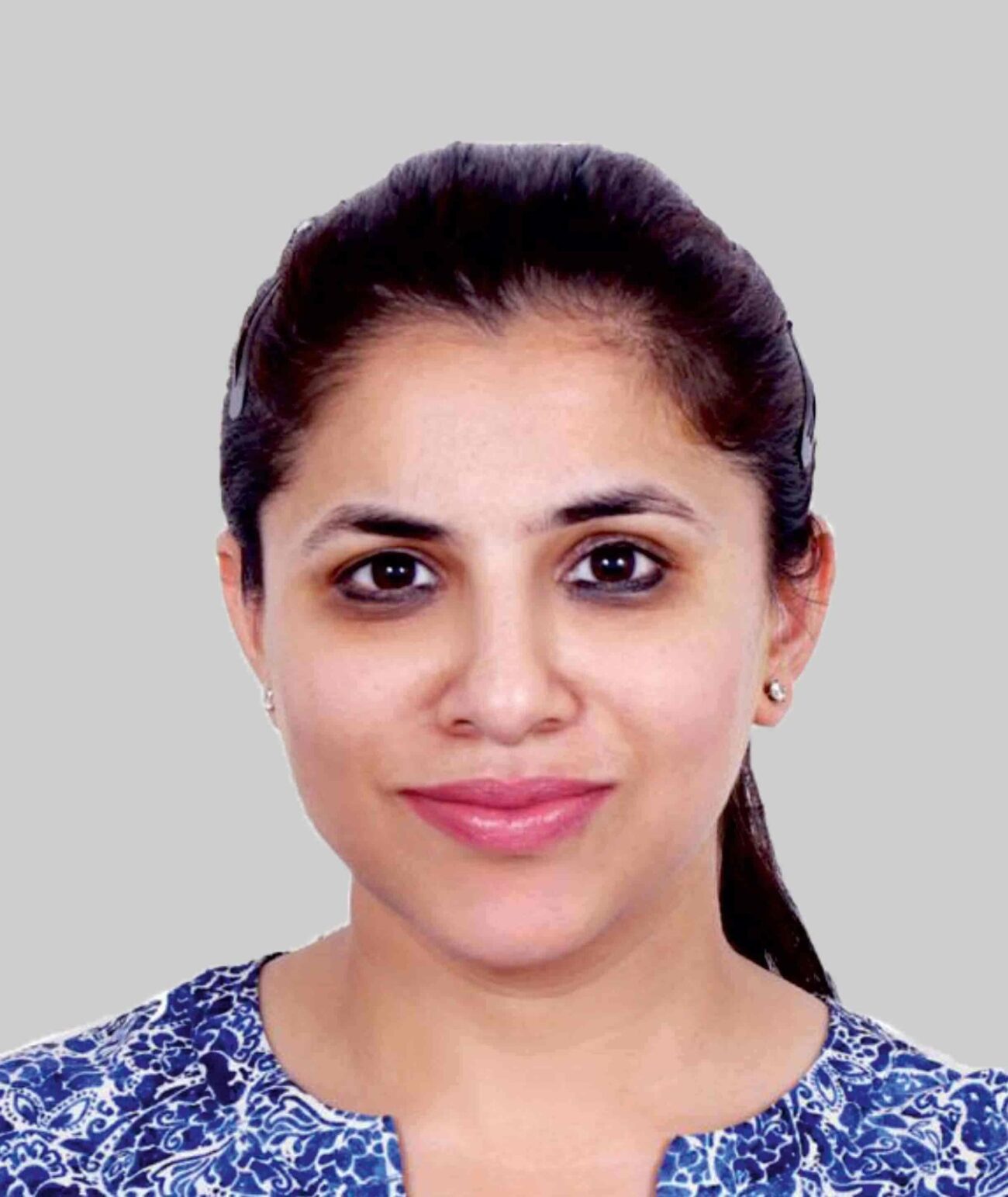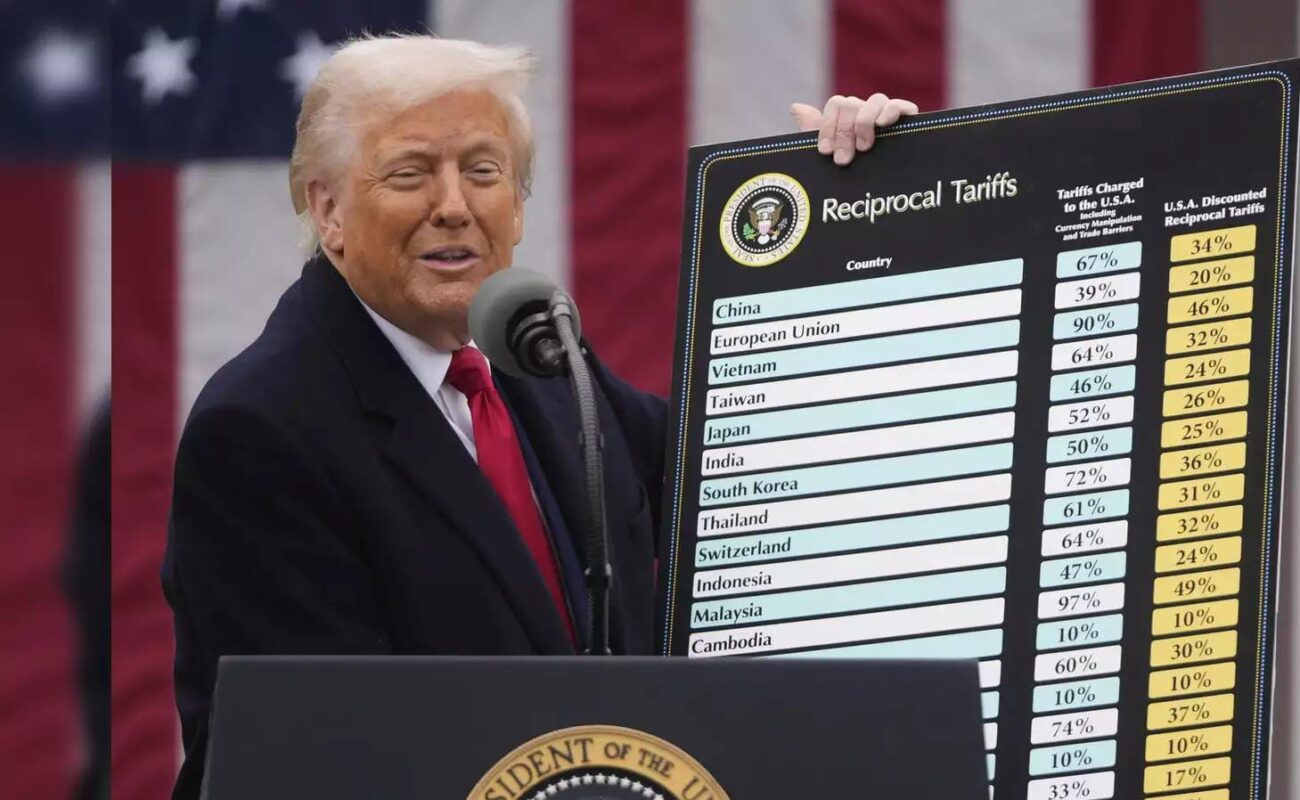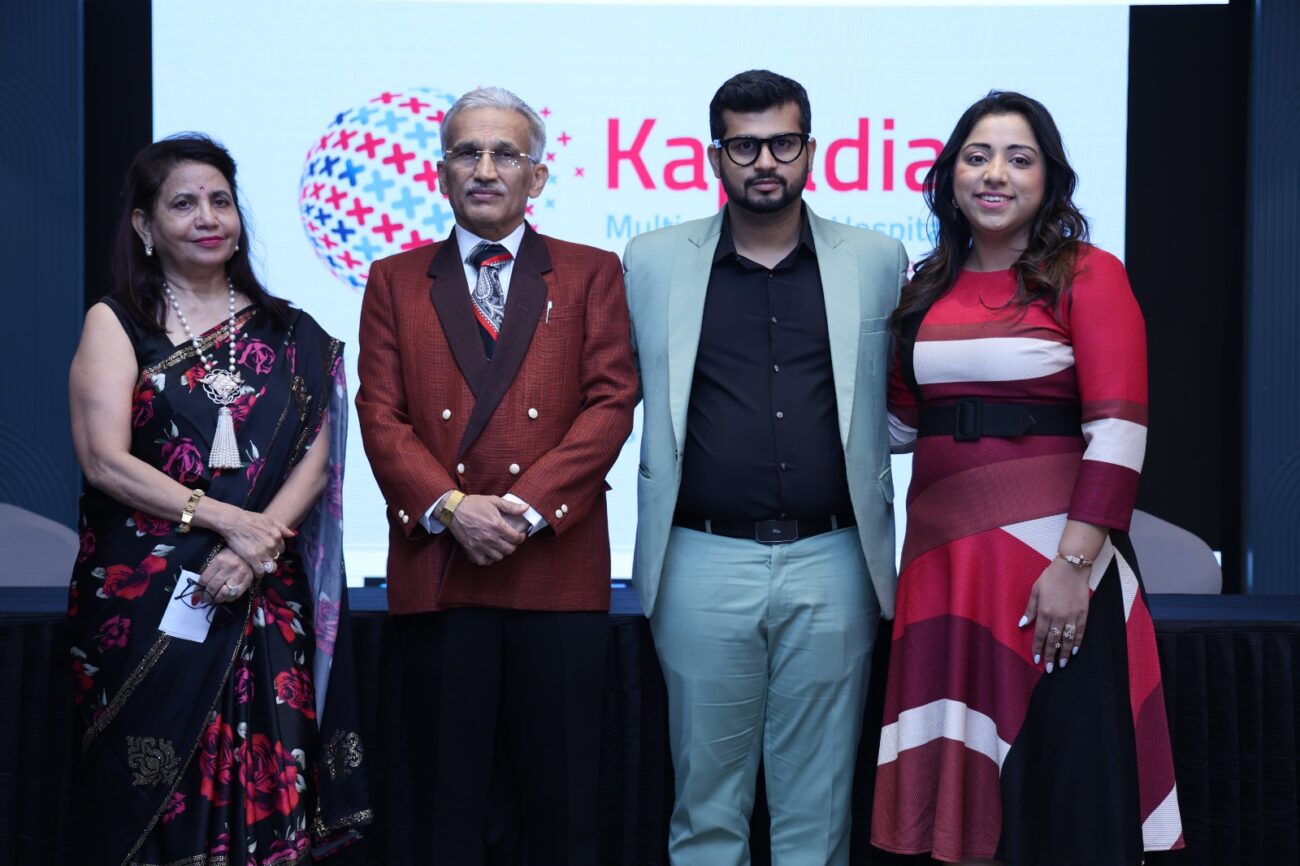SMTA loses case against Centre, AiMeD remains optimistic
Medical devices sector can’t be regulated alongside drugs: Rajiv Nath The Association of Indian Medical Device Industry (AiMeD), an umbrella organization representing the interest of over 1200 manufacturers of medical devices, has reiterated its

- Medical devices sector can’t be regulated alongside drugs: Rajiv Nath
The Association of Indian Medical Device Industry (AiMeD), an umbrella organization representing the interest of over 1200 manufacturers of medical devices, has reiterated its demand for a separate regulatory mechanism for medical device industry. “We urge the Centre to be progressive on the issue of medical devices and put in place separate regulations for medical devices industry,” said Rajiv Nath, Forum Coordinator, AiMeD, in a statement today.
The AiMeD statement comes close on the heels of the Delhi High Court rejecting the petitions of the Surgical Manufacturers and Traders Association (SMTA), challenging Central government’s 2018 and 2020 notifications first declaring four medical devices – nebuliser, blood pressure monitoring device, digital thermometer and glucometer – as drugs under the Drugs and Cosmetics Act, and then spreading the net to cover all medical devices as Drugs in 2020.
“The entire development only goes to prove that manufacturers and traders were grieved and some under SMTA umbrella had to resort to legal measures as earlier assurances were not implemented. If genuine grievances are addressed, then legal disputes are avoided. Given the importance of medical devices in unlocking the potential of Make in India and playing a pivotal role in realizing the goal of Atma Nirbhar Bharat, we need a separate law in addition to the Separate Medical Devices Rules 2017 to take care of the medical devices industry,” said Nath.
He said that the Parliamentary Standing Committee on Health and Family Welfare in its 146th report, which was laid on the table of the Lok Sabha on August 4, 2023, has also stated that “to bring a world class regulatory framework, give boost to the medical device industry and minimize the dependence on imports, a separate Department and separate legislation is required. Similarly, direction for a separate regulatory framework is stated in the National Health Policy 2017.”
The AiMeD had sought the withdrawal of new Drugs, Medical Devices and Cosmetics Bill, 2023, which is fraught with loopholes and repercussions for the domestic medical device industry. “The Bill is still not addressing regulations of exports. It is neither creating a near autonomous national regulatory authority like FSSAI nor is ensuring harmonious regulatory compliances for higher patient’s safety by bringing all state regulatory authorities under a National Regulatory Framework as recommended by Mashelkar Committee and Parliament Health Committee and many experts. The regulations should follow WHO guidelines. We have shared our concerns with the Government and have been assured that nothing will be done to derail Make in India of medical devices and there will be full review,” said Nath.
“We are thankful that the Bill was not tabled in the Monsoon Session and look forward to it being referred to a new committee of Medical Devices regulatory experts under the chairmanship of ICMR or DST or DBT as devices are engineering products and not drugs,” added Nath.
The AiMeD Forum Coordinator is also optimistic of a review of the decision to permit the import of pre-owned medical devices as they had been assured of a review by the Directorate General of Health Services and Ministry of Health & Family Welfare, though the Memorandum issued by the Ministry of Environment that permitted imports even of medical devices being made in India is still to be recalled or corrected.
“Imports of pre-owned medical equipment is not only in contravention to India’s recently launched National Medical Device Policy-2023 that seeks to make our country not only Atma Nirbhar in medical devices but is a regressive step that has confused the investors who have been putting up manufacturing capacity in the last few years in response to Prime Minister Narendra Modi’s call for self-reliance, let’s hope Ministry of Environment and Ministry of Health sort this regressive confusing issue out so there’s a predictable Make in India ecosystem or investment will be put on hold or backtracked and more importantly patient safety is no more compromised,” he said.
“We must understand the motives of MNCs who want to dump their obsolete and old equipment in India, as this used equipment has no market in their own countries. They are replacing them with new products and new technology. We should also understand why these preowned products are not allowed in 22 countries like China, Vietnam, Indonesia, Egypt, Peru, etc., that constitute over 58 per cent of the world’s population,” added Nath.
Referring to the NITI Aayog drafted Bill in November 2019 to regulate medical Devices separate from Drugs, Nath averred that the Central government should move this draft forward as it was more progressive with an open mind taking along all stakeholders including manufacturers, traders, and patients.
“We at AiMeD prefer to have a dialogue with policy makers and share our concerns with them and seek course correction. That is the need of the hour,” he said, adding that “while SMTA may seek legal advice to appeal, we would rather seek the government to be progressive and use its wisdom and regulate medical devices separate from drugs as done by progressive countries across the world.”






